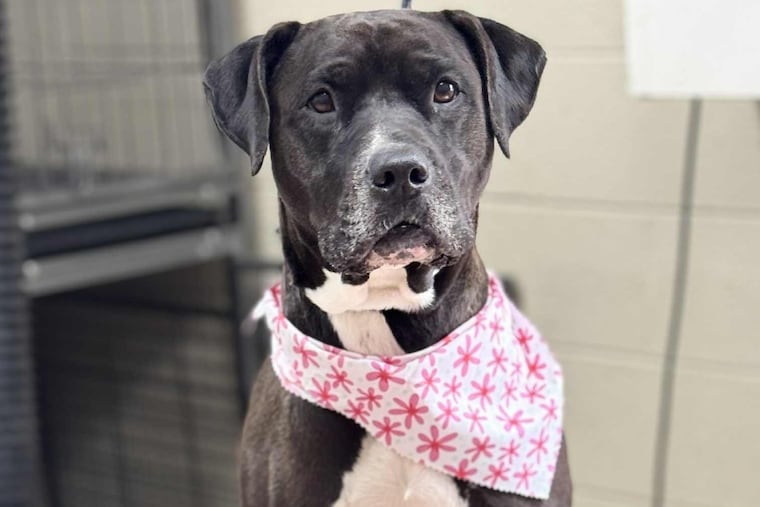The Hawaiian Humane Society today said it is seeing an alarming uptick in canine parvovirus and feline panleukopenia cases at its Kosasa Family Campus at Hoopili in Ewa Beach, particularly among puppies and kittens.
These viruses are highly contagious, and spread through fecal contamination. Symptoms of canine parvovirus and feline panleukopenia include lethargy, loss of appetite, vomiting, diarrhea and abdominal pain. According to the Society, these symptoms can be fatal if left untreated.
“One pet entering the shelter with community-acquired disease can rapidly spread that disease to other animals, even before symptoms develop,” said Dr. Becca Boronat, National Shelter Medicine Veterinarian at Best Friends Animal Society, in a news release. “Shelters can take every appropriate precaution to reduce infectious disease but are still not immune to outbreaks. The very conditions necessitated by traditional animal sheltering predispose pets to illness.”
Upon admission, all dogs and cats at the Society’s campuses receive species-specific vaccinations to protect against parvovirus, panleukopenia and other diseases.
Most animals entering the shelters, however, have not received routine vaccinations, the Society said, and vaccinations take time to become effective.
The Hawaiian Humane Society is asking the community to help by taking the following steps, among others:
>> Pause owner surrenders except in emergencies where all alternative options, including the home to home platform, have been exhausted. “Our resources are stretched beyond capacity, and new animals increase the risk of disease spread,” said the Society.
>> Adopt or foster an animal. All pets available for adoption from the Society have been medically cleared, spayed or neutered, vaccinated, microchipped, and given flea, tick and heartworm preventatives. Due to a current flash adoption special, all fees are waived until Monday. Foster a healthy shelter animal to help reduce the Society’s population and minimize disease spread.
>> Vaccinate pets and ensure they are up-to-date on their shots. Puppies and kittens require a series of vaccinations for full protection while adult dogs and cats should receive boosters as recommended by their veterinarian.
The Hawaiian Humane Society’ said its two campuses will remain open, but with strict disease prevention protocols in place. It is urging the community to help contain the outbreak.









